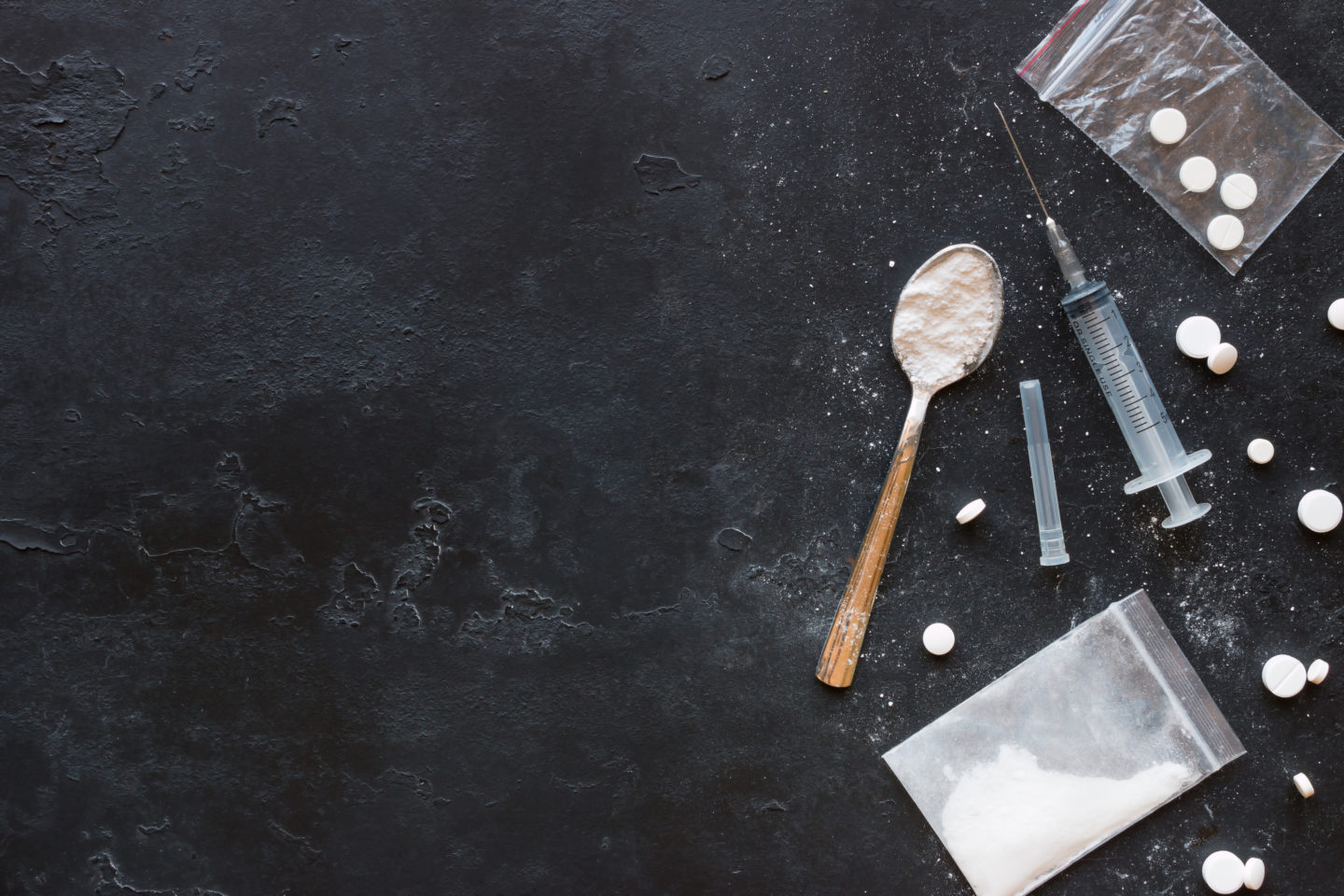Campaigners have called for a new prevention strategy to stop unnecessary suffering from drug deaths after new figures revealed that almost one thousand people were killed by substance abuse last year.
The figures, released by the National Records of Scotland, show that 934 people died due to drug-related causes in 2017, an eight per cent increase on 2016, and the third year in a row in which drugs deaths have reached a record high.
Despite a long standing drug strategy in Scotland, more than 10,000 people have died since records began in 1996. Campaigners point out that this is equivalent to the entire population of a town such as Fort William or Stranraer dying. The deaths have doubled in the last ten years.
Men accounted for 70 per cent of drug deaths in 2017 and the largest group affected were people aged 35-44, who accounted for 39 per cent of all deaths. There were 268 deaths in the 45-54 age group and 185 deaths amongst those aged 25-34.
Thirty six people aged 15-24 died and 64 deaths were of those aged 55-64. Deaths have previously been said by the Scottish Drugs Forum to disproportionately affect “the Trainspotting generation”.
Almost a third of deaths (280) were of people living in the Greater Glasgow and Clyde area, with 15 per cent happening in Lothian, 11 per cent in Lanarkshire and 10 per cent in Tayside.
Many of the deaths involved opiates such as heroin and methadone, which is widely used to treat those with a heroin addition. The use of methadone has been widely criticised.
Drug charities and leading politicians such as Alison Thewliss MP for Glasgow Central have argued for drug consumption rooms, where medical grade heroin could be administered, with medical support available. A range of alternative rehabilitation and treatment plans could also be offered.
However plans for a drug consumption room in Glasgow were blocked earlier this year. The Lord Advocate, Scotland’s senior law officer, stated that no exemption from the Misuse of Drugs Act 1971 could be made.
The figures showed that methadone was implicated in, or potentially contributed to, 439 deaths, while heroine and/or morphine were implicated in 470. Allowing for cross-over, 87 per cent of deaths involved heroin, morphine or methadone.
Benzodiazepines – a street tranquilliser also known as benzos, vallies or blues – were implicated in 552 deaths. Police have previously issued warnings about the dangers of fake “street valium” which is cheap and readily available. Cocaine contributed to 19 per cent of deaths and ecstasy-type drugs about three per cent.
David Liddell, chief executive of the Scottish Drug Forum, said the figures painted a picture of “immeasurable loss”.
He added: “For each of the people who have died, there is a family – children, brothers and sisters, mothers and fathers – who are left to grieve and rebuild their lives.”
With Scots five times more likely to die from drugs than in a road traffic accident, far more must be done to prevent deaths, he argued. There should be a clear strategy focussed on saving lives rather than one dealing with the complex issue of substance misuse.
“That means making sure there is accessible high quality healthcare and support, like the rest of us are afforded when we are ill. That means removing people from the dangers of unregulated street drugs,” Liddell said.
“A new Scottish drugs strategy is due to be announced. Imagine it was based on the notion that people had the right to life, that we had a national strategy to prevent drug deaths as we currently do for deaths by suicide. Imagine that we could save more than 10,000 Scots suffering a bereavement next year.”
After several delays, the updated substance use strategy is due to be launched by the Scottish Government in the autumn, though it is focussed on substance misuse rather than on death prevention. The Ferret understands only a heavily edited version has been seen by stakeholders, making meaningful comment difficult.
Public health minister, Joe FitzPatrick, offered his “deepest condolences” to families and friends, describing each of the deaths as “a tragedy”. The updated drugs strategy would help “prevent others from experiencing similar heartbreak”, he said.
“This is in direct response to the changing drugs landscape, the continued rise in drug related deaths and the recognition that current services do not meet the needs of all the people who need support. The new strategy will take a person-centred approach so that treatment and support services address people’s wider health and social needs, such as mental health, employability and homelessness.”
John Finnie MSP, justice spokesperson for the Scottish Greens, and co-convenor of Holyrood’s Cross Party Group on Drug and Alcohol Misuse, said a radical re-think of the current drug strategy was needed.
“These figures are the strongest evidence yet that the Scottish Government needs to deliver a serious overhaul of its drugs strategy, rather than just refreshing an approach that is obviously failing or taking the doomed Tory approach of fighting a ‘war on drugs’ that only serves to further punish communities,” he added.
“We need a joined-up approach that focuses on individual circumstances such as housing, health and income – all of these factors relate to this growing tragedy. And we cannot shy away from a discussion on decriminalisation, as most drug use should be tackled as a public health issue rather than a crime.”














